Milicianes (2019)
Gênero : Documentário, História
Runtime : 0M
Director : Tània Balló, Gonzalo Berger, Jaume Miró
Escritor : Tània Balló, Gonzalo Berger, Jaume Miró
Sinopse

O escritor Miguel de Unamuno enfrenta a si mesmo e seus ideais após o golpe militar de 1936.
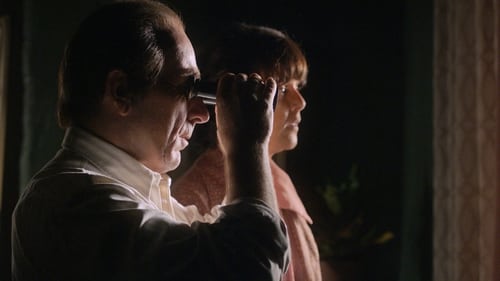
Espanha, 1936. Higinio e Rosa estão casados á alguns meses quando começa a Guerra Civil. Higinio, temendo ser perseguido pelos rebeldes, decide usar um buraco escavado na sua própria casa como refúgio temporário…
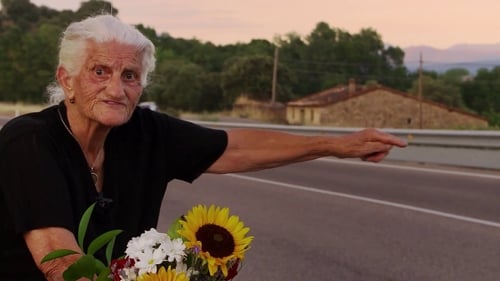
Em 1977 o parlamento espanhol aprovou uma Lei de Anistia que garantia a liberdade de todos os presos políticos e a proibição do julgamento de qualquer ato criminoso ocorrido durante a ditadura de Francisco Franco no país. O Franquismo assombrou a Espanha durante 38 anos deixando um imenso número de vítimas e parentes sem respostas. Os cineastas Almudena Carracedo e Robert Bahar foram atrás desses sobreviventes e, durante um período de 6 anos, entrevistaram pessoas como José Galantes, que hoje em dia vive muito próximo de seu torturador, e Maria Martín, que até hoje não conseguiu ter acesso aos restos mortais de seu pai, morto durante o regime.
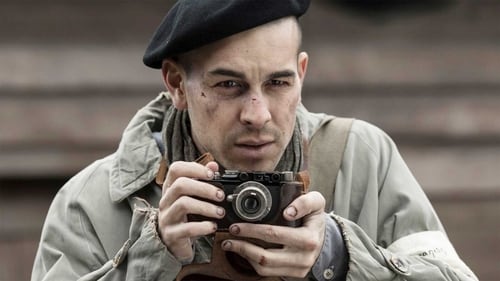
As dificuldades do fotógrafo catalão Francesc Boix, preso no campo de concentração de Mauthausen no inverno de 1942, quando ele tinha 22 anos, ao lado de seu pai e 1.500 republicanos espanhóis, foram aprisionados pelo exército alemão durante seu exílio na França depois A Guerra Civil Espanhola.
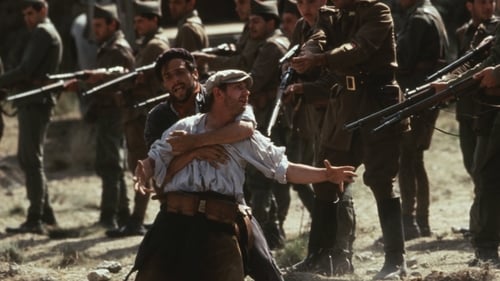
Primavera de 1936, um jovem comunista desempregado, David, deixa sua cidade natal Liverpool para se juntar à luta contra o fascismo na Espanha. Ele se junta a um grupo internacional de milícia, homens e mulheres, o POUM (Partido Obrero de Unificación Marxista). Depois de ser ferido, ele vai para Barcelona, onde decide se juntar a outro grupo de milícia. Eles permanecem em Barcelona e acabam brigando outros grupos antifascistas. David está decepcionado e decide voltar para sua antiga milícia.
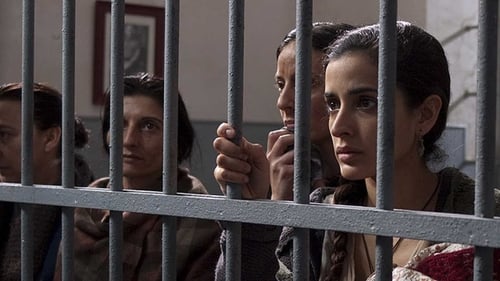
María León interpreta a Pepita, uma jovem cordobesa de origem rural, que vai a Madrid no pós guerra para estar perto de sua irmã Hortensia (Inma Cuesta) que está grávida e na prisão. Pepita conhece Paulino (Marc Clotet), um valenciano de família burguesa, que luta junto a seu cunhado na guerra de Madrid. Apesar da dificuldade de sua relação, se apaixonam. Hortensia é julgada e condenada a morte. A execução será feita somente após o parto. Pepita tenta por todos os meios e em todas as instâncias que cancelem a execução. Vai todos os dias a prisão com o objetivo de que lhe entreguem o futuro filho de Hortensia, suplicando que não o entreguem para adoção, ou o internem num orfanato.
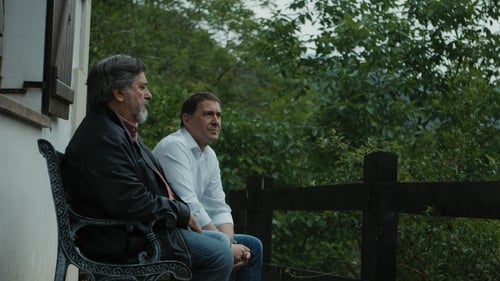
The chronicle of the process, ten long years, that led to the end of ETA (Euskadi Ta Askatasuna), a Basque terrorist gang that perpetrated robberies, kidnappings and murders in Spain and the French Basque Country for more than fifty years. Almost 1,000 people died, but others are still alive to tell the story of how the nightmare finally ended.

Professor Lola Sánchez investigates the truth behind the events experienced by Rafael Sánchez Mazas, one of the founders of the Falange Española party, during the Spanish Civil War.

Morir en Madrid brings together several papers on the Spanish Civil War and integrates capturing different points of view, intended to represent the continuity of the suffering of the Spanish during the Franco regime. The death of Federico Garcia Lorca, Guernica, the defense of Madrid, the International Brigades, are some of the items comprised in this document.
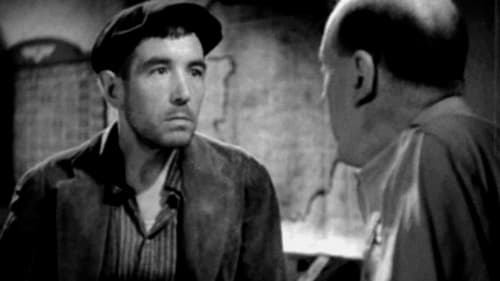
Spanish Civil War, 1937. A platoon of Republican soldiers plans to stop the advance of the rebel troops by bombing a bridge on the road to Zaragoza, near the city of Linás. With the close collaboration of the peasants of the area, the soldiers try to overcome the continuous bombardments and endure the harsh and tireless opposition of the powerful enemy…

Ele gira em torno das circunstâncias que rodearam o atentado mortal foi direcionado para o 27 dez 1870 General Juan Prim y Prats, então presidente do Conselho de Ministros e Ministro da Guerra. Três dias depois, em 30 de dezembro, sua morte foi tornada pública. Uma aproximação para um fato histórico que permanece envolta em mistério; um assassinato que nunca foi resolvido.

Spain, June 2014. King Juan Carlos I abdicates after forty years on the throne. The historical cycle that began in 1978 has ended. It is the beginning of a new era. Felipe VI is the new king and the future is uncertain.
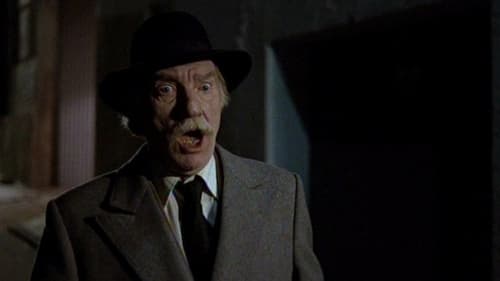
The news of the death of Franco has a special resonance in the family of Florentina. Fiorentina communicates to the rest of the family a story far more important than the general's death: her husband Emiliano (Fernando Fernan-Gomez), who had been left for dead in the civil war, is alive. During the Franco dictatorship has remained hidden beneath the pylon is in the courtyard of the house.

Javier Navarro, a Falangist, is ordered to infiltrate Republican Madrid to deliver a message to a member of the Fifth Column.
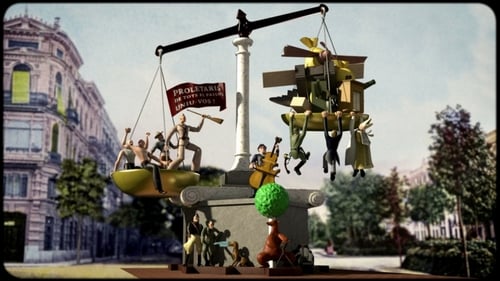
In November 1936, a few months since the beginning of the Spanish Civil War, the government of the Second Republic moves to Valencia. In this situation, several Valencian artists and intellectuals decide to build four fallas — satirical plasterboard sculptures created to be burnt — to mock fascism.

Madrid in the 40s: in an old neighborhood tavern, every first Friday of the month at nightfall Moor Hauma organizes a unique and secret card game. The Caudillo, Francisco Franco, meets with several friends of Africa's campaign for a game.

Upon the outbreak of the Spanish Civil War in July 1936, the anarchist union CNT socialized the film industry in Spain, so in Madrid and Barcelona film workers took over the production assets and, between 1936 and 1938, numerous films on a wide variety of topics were released, composing a varied mosaic that gives rise to one of the most unusual and original moments of Spanish cinematography.















